(6 min) When the Rules Change: Navigating Menopause at the Intersection of Neurodiversity and Chronic Illness

Menopause is often painted as a universal female rite of passage. A hot flash here, a mood swing there, and then, supposedly, a new lease on life. But for those of us who are neurodivergent or living with chronic illness, menopause is anything but “one-size-fits-all.” It’s more like an uninvited guest who shows up with a suitcase full of surprises, jumbles your routines, and refuses to leave.
If you’re neurodivergent (ADHD, autism, dyscalculia, or otherwise) and/or living with chronic illnesses such as fibromyalgia, diabetes, or chronic fatigue, menopause can feel like an unpredictable storm layered on top of an already complex weather system. The physical changes are real, but so are the cognitive, emotional, and social challenges (I myself have been dealing with PCOS, T2D, ADHD, Fibro and Perimenopause).
This article explores the realities of menopause at the intersection of neurodiversity and chronic illness. We’ll unpack what’s happening in your body and brain, why it can feel so overwhelming, and what you can do to support yourself through this transition, without losing sight of your strengths, your needs, or your sense of self.
Menopause: The Basics
Menopause marks the end of menstrual cycles and fertility, officially diagnosed after 12 months without a period. It usually happens between ages 45 and 55, but the transition (perimenopause) can last years.
Symptoms include:
- Hot flashes and night sweats
- Sleep disturbances
- Mood changes
- Cognitive shifts (“menopause brain” or “brain fog”)
- Joint pain, headaches, weight changes
For many, these symptoms are disruptive but manageable. But for neurodivergent and chronically ill women, menopause can amplify pre-existing challenges, introduce new ones, and sometimes mask or mimic symptoms of other conditions.
This definitely happened for me. I was diagnosed with Fibro first... but it was very apparent that there was something much more wrong. Eventually I was also diagnosed with ADHD as well. Because I am on depo-provera to prevent my period, I cannot conclusively say I am perimenopausal, but the doc agrees that the signs are there. I actually think that either the massive fibro flare up I experienced last year, or entering into perimenopause, or perhaps both is what cause my ADHD to get so out of control that I finally had to seek an official diagnosis and medicate!
Neurodiversity 101: Brains That Work Differently
Neurodiversity is the idea that neurological differences (like ADHD, autism, dyslexia, dyscalculia) are natural variations of the human brain. Neurodivergent people often experience:
- Executive dysfunction (trouble planning, organizing, or prioritizing)
- Sensory sensitivities
- Emotional regulation challenges
- Unique strengths in creativity, problem-solving, or hyperfocus
These traits don’t disappear with age and menopause can intensify or alter them in unexpected ways.
Chronic Illness: The Invisible Layer
Living with chronic illness (fibromyalgia, diabetes, chronic fatigue syndrome, autoimmune disorders, etc.) means managing symptoms that fluctuate, often invisibly, and sometimes unpredictably. Chronic illness can involve:
- Pain and fatigue
- Sleep disruption
- Brain fog and memory issues
- Mood swings, anxiety, and depression
Menopause can worsen these symptoms, create new ones, or make management strategies less effective.
How Menopause Impacts Neurodivergent Brains
Hormones play a huge role in brain function. Estrogen, in particular, affects neurotransmitters like dopamine and serotonin—key players in mood, motivation, focus, and executive function. For neurodivergent people, these systems are already wired differently.
During menopause:
- Estrogen drops, leading to less dopamine and serotonin.
- ADHD symptoms (inattention, impulsivity, emotional swings) often worsen.
- Autistic traits (sensory sensitivity, need for routine, social overwhelm) may intensify.
- “Menopause brain” (memory lapses, trouble finding words, losing track of tasks) overlaps with neurodivergent executive dysfunction.
If you’ve always struggled with focus, organization, or sensory overload, menopause can feel like your brain is “betraying” you. In reality, your brain is responding to real, measurable changes—on top of lifelong neurodivergent wiring. You’re not imagining it, and you’re not failing.
The Chronic Illness Factor: When Symptoms Collide
Menopause, neurodiversity, and chronic illness share many symptoms:
- Fatigue and sleep disruption
- Cognitive fog
- Mood swings or irritability
- Pain and joint stiffness
This overlap can make it hard to know what’s causing what, and which treatments will actually help.
Menopause can trigger flares in chronic illness symptoms. For example:
- Fibromyalgia pain and fatigue may worsen with hormonal changes.
- Blood sugar instability in diabetes can increase during menopause.
- Autoimmune symptoms may shift or intensify.
At the same time, many women find their resilience tested and discover new ways to manage, adapt, and advocate for themselves.
The Triple Overlap: Unique Challenges and Hidden Strengths
Unique Challenges
- Misdiagnosis and Dismissal: Symptoms may be attributed to stress, aging, or “just menopause,” leading to missed or delayed diagnoses for ADHD, autism, or chronic illness.
- Medical Gaslighting: Women, especially those with invisible disabilities, are more likely to have their symptoms dismissed or minimized.
- Treatment Complexity: What helps one condition may worsen another (e.g., stimulant meds for ADHD can disrupt sleep; some hormone therapies may affect chronic illness).
- Social Isolation: Stigma around menopause, neurodiversity, and chronic illness can lead to shame and withdrawal.
Hidden Strengths
- Self-Awareness: Years of navigating neurodivergence or chronic illness often build strong self-advocacy skills.
- Creative Coping: Neurodivergent brains are masters of workaround strategies and outside-the-box thinking.
- Empathy and Community: Shared experience builds deep empathy and a drive to support others in similar situations.
Diagnosis, Dismissal, and Medical Gaslighting
Why Is It So Hard to Get Help?
- Symptom Overlap: Doctors may not recognize the interplay between menopause, neurodiversity, and chronic illness.
- Gender Bias: Women’s pain and cognitive symptoms are more likely to be dismissed as “emotional” or “hormonal.”
- Lack of Research: Most menopause research focuses on neurotypical, healthy women—leaving gaps in understanding for the rest of us.
What Can You Do?
- Track Your Symptoms: Keep a journal of physical, cognitive, and emotional changes.
- Bring Data: Share patterns, triggers, and what helps/hurts with your healthcare providers.
- Seek Like-Minded Professionals: Look for doctors, therapists, or coaches who understand neurodiversity and chronic illness.
Real-Life Strategies: What Helps (and What Doesn’t)
Medical and Therapeutic Approaches
- Hormone Therapy: May help with hot flashes, sleep, and mood, but not suitable for everyone (especially with certain chronic illnesses).
- ADHD/Neurodivergent Meds: Stimulants or non-stimulants can support focus, but may need adjustment during menopause.
- Pain and Mood Meds: Antidepressants, anti-seizure meds, or other pain management tools may be helpful.
Always consult your doctor before starting or changing medications.
Lifestyle and Self-Care
- Sleep Hygiene: Prioritize consistent bedtime routines, limit screens, and create a cool, dark sleep environment.
- Gentle Movement: Yoga, stretching, walking, or swimming can help with pain, mood, and sleep.
- Mind-Body Practices: Meditation, deep breathing, or nervous system regulation techniques (like those used in THE DOPAMINE BUDGET™) can reduce stress and support emotional balance.
- Nutrition: Small, regular meals with balanced protein, fiber, and healthy fats can help stabilize energy and mood.
Neurodivergent-Friendly Hacks
- Externalize Memory: Use calendars, reminders, sticky notes, and visual timers.
- Task Chunking: Break tasks into tiny steps; celebrate each one.
- Body Doubling: Work alongside someone (even virtually) to boost motivation and accountability.
- Sensory Supports: Weighted blankets, noise-cancelling headphones, or fidget tools can soothe sensory overload.
Chronic Illness Adaptations
- Pacing: Listen to your body, balance activity and rest, and avoid overcommitting.
- Flare Kits: Prepare for bad days with easy meals, comfort items, and low-effort activities.
- Flexible Routines: Allow for variability in energy and symptoms; build in “buffer time.”
What Doesn’t Help
- Pushing Through: Ignoring symptoms or trying to “tough it out” often backfires.
- Self-Criticism: Blaming yourself for needing more rest, forgetting things, or feeling emotional only adds to the burden.
- Comparing to Others: Your journey is unique. What works for someone else may not work for you and that’s okay.
Reclaiming Your Narrative: Self-Compassion and Advocacy
Self-Compassion
- Acknowledge Your Reality: Your symptoms are real and valid, even if others don’t understand.
- Redefine Success: Success might mean surviving a tough day, asking for help, or finding joy in small moments.
- Celebrate Resilience: You’ve made it this far through challenges most people can’t imagine.
Advocacy
- Speak Up: Share your needs with family, friends, and healthcare providers.
- Connect: Find community with others who “get it”—online or in-person support groups, forums, or social media spaces.
- Educate: The more we talk about menopause, neurodiversity, and chronic illness, the less stigma and isolation others will face.
Resources and Next Steps
- Free 8 Week Mood & Food Diary
- Discover the connection between food and mood with this gentle, neurodivergent-friendly diary. Track, reflect, and celebrate your journey towards self-awareness and wellness... no shame, just support!
- Free Ultimate Menopause Rescue Workbook
- Reclaim your sanity with this free 60+ page rescue workbook! Track symptoms, boost energy, and find calm amidst hormonal chaos. Download now and empower your wellness journey!
- Unqualified Opinion Newsletter
- Subscribe for more tips, stories, and resources on living well with neurodivergence and chronic illness.
Further Reading:
- “The Menopause Manifesto” by Dr. Jen Gunter
- “Driven to Distraction” by Drs. Hallowell & Ratey (ADHD)
- “The FibroManual” by Dr. Ginevra Liptan (Fibromyalgia)
- National Institute on Aging: Menopause Resources
- Autistic Women & Nonbinary Network: Menopause and Autism
Navigating menopause at the intersection of neurodiversity and chronic illness isn’t just about surviving another “phase”. It’s about honoring your lived experience, adapting with creativity, and refusing to be silenced or sidelined. If you’re struggling, reach out... to your community, to professionals who understand, or to anyone who will listen with empathy. Your story matters, and your needs are worthy of support.


